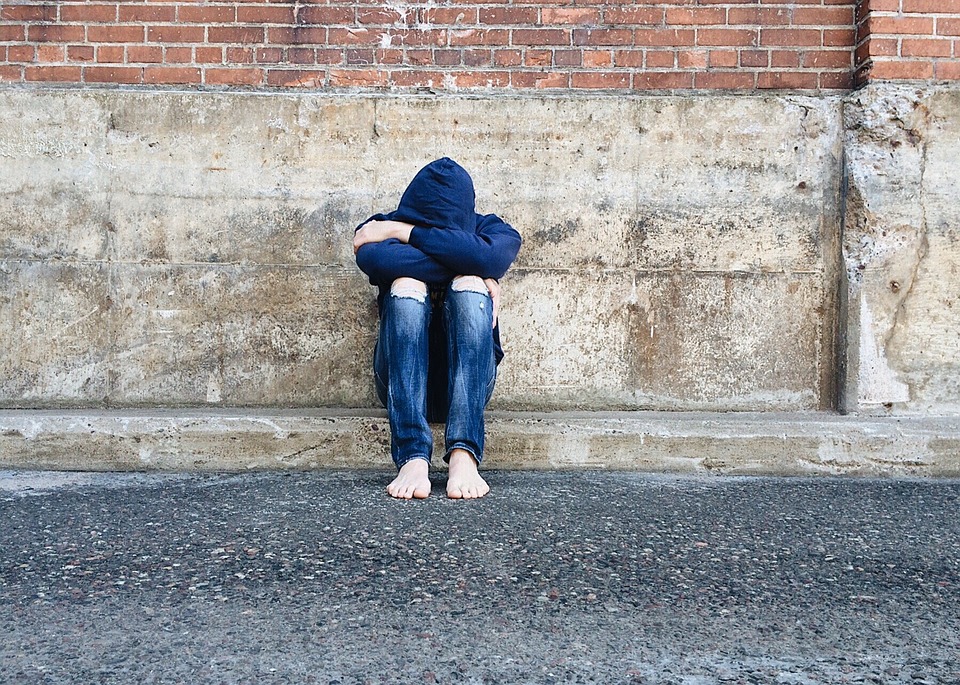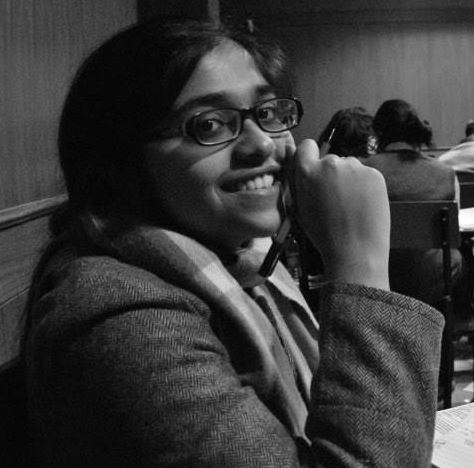By Sarah Zia
Faster lifestyles and busier schedules have led to an increased incidence in mental health illnesses in India. However, conditions like depression are still either misdiagnosed or left untreated. While getting help is just a call away, healing can be sometimes a long-term process that requires one to take charge of their mind and body.

Depression: Is it appropriate to this term as a synonym for stress?
In an increasingly fast moving world, we all have less time and more chores. We are living longer than our successors and are perhaps even achieving more, with better productivity. But the real question is; are we healthier? While medical science has made rapid achievements with stronger medications and smoother surgeries, mental health continues to be a grey area.
One of the biggest concerns is how terms like depression and anxiety have entered our parlance as descriptors of everyday stress that may not be permanent. A generic use of these terms, which actually indicate mental health conditions that merit proper treatment, trivializes the real concerns. For instance, when someone says, “I am depressed”, the response they are likely to receive would be, “Maybe you are overthinking”, “Perhaps you should sleep over your anxiety”, while the actual response should steer towards seeking medical guidance immediately.
The demon in the looking glass: How visible is depression in India?
According to a World Health Organisation report, nearly 4.5% of India’s population suffers from depression while nearly 7.5% suffer from some kind of mental illness. The report also states that less than 10% of those suffering get access to the right medical treatment despite its availability.
Physical disorders are often characterised by pain, discomfort and other prominently visual characteristics. Mental disorders may not always be ‘visible’. Further, with the rise of lifestyle disorders, certain symptoms may be overlapping with those of mental illnesses. Hence, the answer lies in listening to one’s body rather carefully.
Depression as an illness not only has different causes but can also affect individuals differently though certain symptoms are crucial identifiers. The National Health Service, UK, lists low self-esteem, sadness, lack of interest, anxiety and suicidal thoughts as key psychological symptoms. In many cases, severe physical symptoms can hinder an individual’s ability to work and perform daily chores.

Am I suffering from depression? Listen to your mind and body, then get help
The key stakeholders in helping someone recover from depression include medical practitioners, caregivers and the patient themselves. The most important stage is where one first recognises something amiss. Often, patients report a lack of clarity over their feelings. Hence, if caregivers seem to not take the concerns seriously, one must continue to have faith in one’s ability to judge oneself and persist till one gets the required medical help.
In any illness that continues over a long period of time, patients often experience self doubt and make their own selves a punching bag. The risk of falling in the ‘why-me-pit’ where one thinks of oneself as unlucky or doomed is real. And it is this thought that needs to be actively pushed away.
For caregivers, sermonising seems the easiest way out but that is the last thing that may help a sufferer. It is important to have conversations around the illness that are free of prejudice and also to let the conversation be steered by those facing the problem. However serious the concerns of the caregivers, a patient who steers the treatment process and feels in control of it is more likely to re-emerge with a stronger self-esteem.
Be Gentle with Yourself: Every Step Forward Counts
Mental health conditions tend to weigh one down. Feeling a loss of self is a part of the illness that a patient needs to fight by boosting their self-esteem. It may sound childish but one needs to congratulate oneself on every little thing one accomplishes. From being able to get up on time and reading a newspaper to pushing that urge to stay indoors and going for a walk – every stage requires a constant acknowledgement of one’s ability to rise against tides.

Since getting the right medical help can be a privilege not many can boast of, there are some alternate resources which are more accessible. Some of the organisations whose help one can seek include Manas Foundation, Saath, Aasra, NIMHANS and YourDost ,among others.
The Most Important Realization: You Are Not Alone
As one gets on the path to recovery, it helps to look at healing as a holistic process that doesn’t hinge on medication alone but one’s ability to lead oneself. This can be followed up by joining a support group where one can share their experiences with others as well. Support groups are an excellent means to continue discussions.
Medical treatments can often be top-down processes where the patient is constantly at the receiving end of instructions. Support groups on the other hand are more democratic spaces where everyone is equal and willing to learn from each other’s experiences. The absence of an ‘expert’ from the group humanises the illness experience and inspires greater confidence in one’s ability to heal.
Most importantly, one should not underrate the importance of seeking help as that does not signify weakness but an urge to overcome obstacles.
About the Author

Sarah Zia is a Delhi-based journalist and researcher. Her interests lie at the intersection of gender, media and mobilities. She can be reached at sarahzia612@gmail.com.